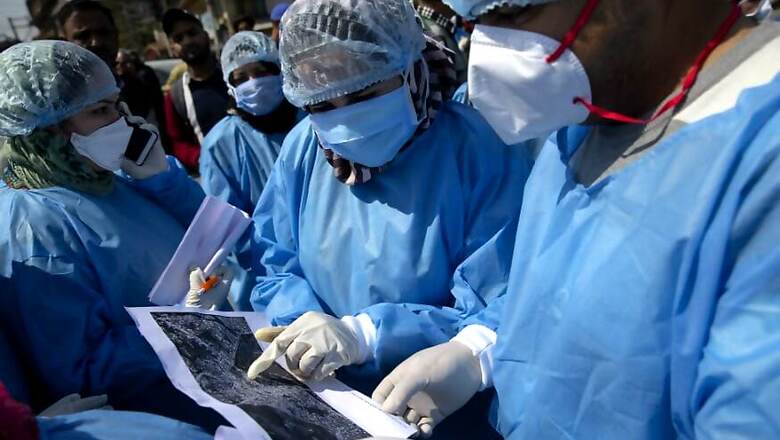
views
Kashmir's COVID-19 response is literally on a ventilator going by the red flag raised by the Srinagar administration about hospitals running out of beds for virus-hit patients.
“The first hundred COVID-19 patients died in 103 days and next 100 in only 15 days. There is a spike in cases and we don't have enough beds to admit all positive patients,” a short video by Dr Naveed Nazir Shah, a leading doctor at the Chest Diseases Hospital, was tweeted by the Srinagar administration on Sunday.
Shah is head of department at Chest Diseases Hospital, a premier institute that has been on the forefront of fighting the pandemic. Four other hospitals in Srinagar are coping with the pandemic that is proliferating into clusters and wider areas.
“Hospitals are full and now people have no option but to take care of themselves and exhibit great caution. People should wear mask, maintain physical,” Shah spoke with a deadpan expression reflective of Kashmir's crumbling healthcare structure.
In the last two days, there have been more than 1,400 fresh cases and an uptick in fatalities with some days of the week registering more than 10 deaths.
The Valley alone has recorded 240 of 260-odd deaths, most of them in the last three weeks. The number of infection is nearing 15,000, including 3000 in Srinagar, although more than 8,000 have recovered.
However, it is the facilities or lack of it that has come to expose the lapses in healthcare in the Valley.
Policy makers of the health department, administration on the ground and caregivers at hospitals have come under huge criticism for not being able to prepare for the looming threat in earnest.
Kashmir was probably the first region in the country which enforced a strict lockdown a week before Prime Minister Narendra Modi announced country-wide restrictions on March 23. However, many believe facilities were not ramped up or adequate trained faculty added in the last four months.
There are only 900 to 1,000 dedicated beds available in the five main hospitals of Srinagar of which 70 per cent have oxygen supply lines and 20 per cent have ventilators.
"Each day, the number of cases are rising exponentially. As if the spike in cases of local residents is not enough, we have to deal with migrant labour influx now. This adds to the burden on our system,'' said a doctor who is monitoring the COVID-19 operation in Kashmir.
On Monday, 72 labours tested positive and results of thousands who reached the Valley over the last two weeks is awaited.
The government brought 15,000 migrant labourers from outside to Kashmir to restart activities at brick kilns and construction sites despite medical groups advocating a strict lockdown to contain the spread of the virus.
The administration is also facing flak for opening parks to tourists, besides preparing for a “restricted” annual Amarnath pilgrimage.
“Strict restrictions, curfew and stopping the inflow of these workers are the need of the hour,” said another doctor unwilling to come on record.
A Srinagar district officer said, “Parks, tourism, Amarnath yatra and labour. I really don't know what is the logic. But one thing is sure it is adding up to our miseries and challenges.”
He agreed the situation is only worsening and becoming unmanageable at times while referring to incidents of clashes between attendants of patients and doctors. Cases of doctors been thrashed for alleged negligence have added to the overall crisis.
On Sunday, doctors at SMHS hospital stopped work for a few hours after some of their colleagues landed up in bone hospitals with fracture. The doctors' and paramedics protested against lack of security at the hospitals.
Videos of family members of patients lamenting lack of beds, quick testing, facilities, drugs and alleged negligence of the health functionaries have filled social media spaces in the last few weeks. Many of them have alleged doctors and paramedics are scared to come close to patients leading to neglect in treatment.
Ajaz Beig, an attendant, said he lost his uncle due to doctors' negligence at the Jhelum Valley hospital barely hours after being referred to the facility. He said first the doctors refused to admit him and when they finally did, the doctors shunned and snubbed him.
“My uncle was a COVID-19 patient with co-morbidity. He wanted to go to the washroom and the doctors just took his oxygen supply off for 10 minutes despite him being hypertensive. He died within minutes,” he said.
“We will register a murder case,” he said, adding that he hoped the doctors treat patients well. The hospital management has, however, rubbished allegations of negligence or improper treatment.
In fact, some doctors are swearing by their commitment. “Some of us have not gone home for months now. We have not seen our children and parents and yet we are being accused of running away from patients. This is atrocious,” a doctor told News 18.
She said doctors should not be blamed for lack of facilities in hospitals. "Our job is to treat patients and we have no say in arranging facilities."
Patients’ families have also complained of non-availability of drugs like Remdesivir, oxygen concentrators, nebulisers and other medicines.
“It would be good if more stockists kept commonly used drugs like Remdesivir, Ivermectin, Tocilizumab, Enoxaparin, Doxycycline," said a senior hospital administrator.
"I agree Remdesivir is in short supply. We will have adequate stock in next two days in the Valley,” Atal Dullo, Principle Secretary (Health and Medical Education) Jammu and Kashmir, told News18.
Dullo said more than 100 ventilators have been set up at Valley hospitals, while another 500 will be added in the next few weeks. He said 2,000 oxygen cylinders are being added to the existing infrastructure.
Beds for COVID-19 patients in hospitals are being decongested for critical patients and asymptomatic ones will be shifted to COVID-19 care centres.
“Critically ill patients will be treated at dedicated hospitals where we have oxygen supply and ventilator support,” he said, adding, “But let me tell you only six to seven patients are on ventilators, while over 300 are receiving oxygen therapy. We will boost the oxygen capacity in the coming days," he added.
A senior doctor at the Government Medical College said the administration should be ready with 20,000 beds with full oxygen supply given the spread of the infection.
"We must have a Bakhshi stadium-like facility ready to cope with the increasing number of patients. It will be good if we plan early than be sorry later," he said.










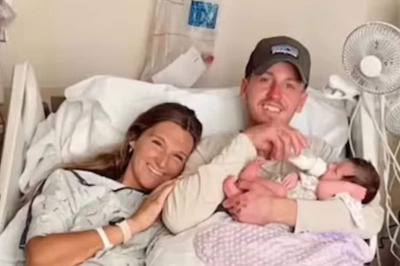



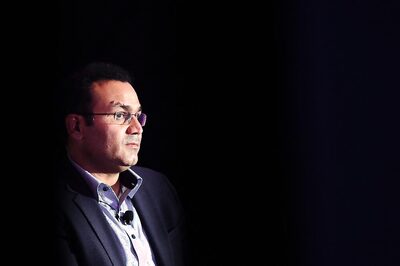
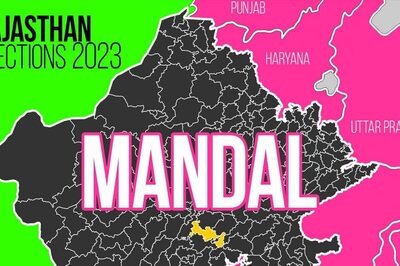

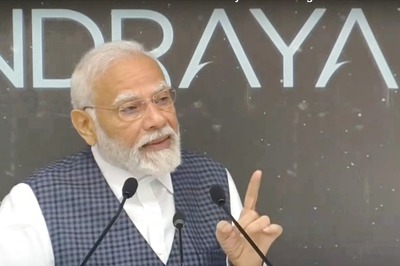
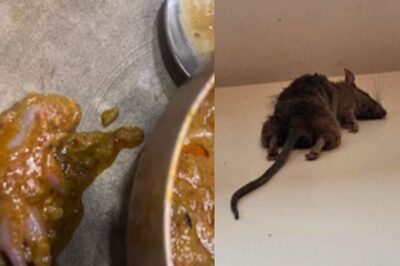

Comments
0 comment